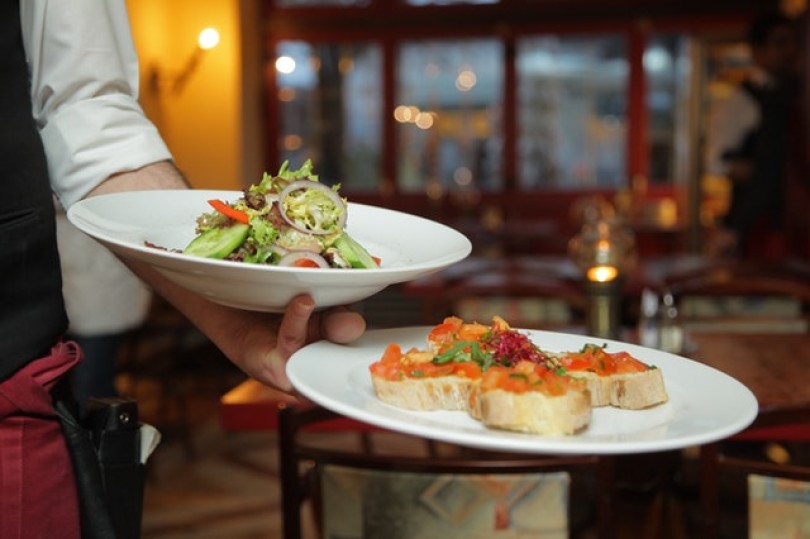22 Apr 24
Lab ChatLabworx
The Global News Source for the World of Science and Chemicals
Should restaurants display “CALORIE CONTENT”
20 June 2019
Lab Chat
Dubai is soon to become the first city in the United Arab Emirates to require restaurants to display calorific content on their menus. As of November, all restaurant chains with more than five branches, including many fast food outlets, will be required to inform customers of the number of calories they will be eating with each purchase. In January, that will be extended to restaurants and eating establishments of all sizes.
The incentive will form one of the cornerstones of the National Nutrition Agenda, which runs between 2017 and 2021 and aims to improve the dietary habits of Emiratis across the country. It also hopes to encourage restaurants to provide more healthy options on their menu, given that the total calories contained in each dish will be visible to everyone.
The UAE’s struggle with obesity
Several studies have shown that the UAE has traditionally suffered from higher rates of obesity among its populace than the global average, although a recent five-year health survey did show signs of encouragement. Since 2010, the number of people struggling with obesity in the country has fallen by 25%, sparking optimism for the future.
However, that future is embodied by the children and young people of the UAE, and the statistics on that section of society are less positive. Over 40% of children are obese or overweight, according to estimates provided by health authorities, suggesting there is still much work to be done. Getting to the root causes of questions like why do children snack so much or why do restaurant patrons make the menu choices they do led to the upcoming legislation on calorific content.
Leading the way
A YouGov survey conducted last year found that men were more likely to eat out than women, with 65% of the respondents eating out at least once a week. Men were also more likely to look up the calorific content of the menu selection on Google than their female counterparts, inspiring the idea to introduce new rules on calories in the future.
The legislation will be introduced in phases; the first phase will apply only to chain restaurants and cafes with more than five branches and will come into effect in November of this year. The second step will come into force from January next year, when all licensed premises which sell food will be forced to display calorie info on their menus.
Informing the public
According to Dawoud Al Hajri, director general of Dubai Municipality, the move is intended to allow the public to make an informed decision on their eating habits. “Dubai Municipality's initiative is to oblige food establishments to be fully transparent in declaring calories on all foods to give consumers the ability to choose food that suits their health status,” he explained.
“It is an innovative programme of Dubai Municipality and through it, the Municipality will encourage restaurants to provide healthy and tasty meals to consumers to achieve Dubai Municipality's vision of developing a happy and sustainable city.”
DOWNLOAD PDF

2 Day Seminar Program
@ ArabLab+ 2024
24 & 25 September 2024
Your stay in Dubai
Labkit
Product News
Chemkit
Product News
Thinking about exhibiting at ARABLAB 2024? Watch our video to find out more.
Join the world’s leading organisations…
Get in touch and stay in touch…
Join our mailing list and receive the ARABLAB newsletter and event updates.





















